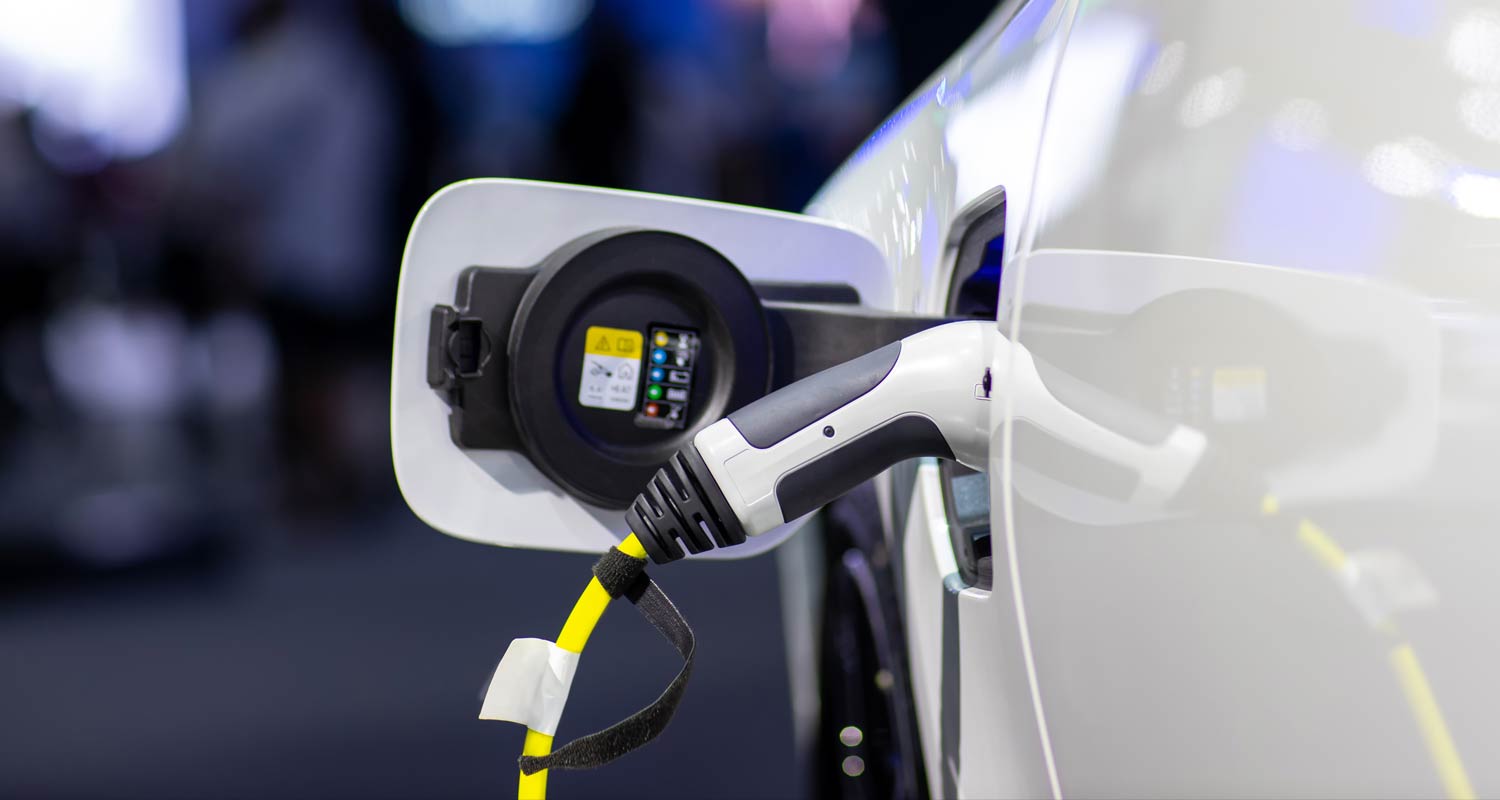
Namibia’s government has ordered police to stop Xinfeng Investments from transporting lithium ore inside the country and from exporting it, accusing the Chinese miner of violating the country’s ban on critical raw mineral exports.
In a letter dated 19 Octocer, Namibia’s mining commissioner, Isabella Chirchir, instructed the country’s police chief, Joseph Shikongo, to stop any trucks carrying raw lithium ore from Xinfeng’s Kohero mine, about 250km north-west of Windhoek.
“They are not allowed to remove any material from their mine to anywhere within Namibia or outside,” Chirchir wrote. She directed that all trucks bringing lithium ore to Walvis Bay, Namibia’s main port, should be stopped and returned to the mine.
Xinfeng officials were not immediately available to comment.
In June, Namibia banned the export of unprocessed lithium and other critical minerals as it seeks to encourage local processing and profit from growing global demand for metals used in clean energy technologies.
The Southern African country has significant deposits of lithium, vital for renewable energy storage, as well as rare earth minerals such as dysprosium and terbium needed for permanent magnets in the batteries of electric cars and wind turbines.
Xinfeng has had several clashes with Namibian authorities. Last October, the Namibian government banned the company from exporting lithium ore to China, citing irregular shipments.
Namibian court
The lithium miner denied the allegations, saying it had shipped 75 000 metric tons of lithium ore to its Chinese headquarters for tests to determine the design of a lithium processing plant in Namibia.
Namibia’s mines minister Tom Alweendo cancelled Xinfeng’s mining licence in April and ordered it to stop operations by 31 May, accusing the company of being irregularly licensed.
Read: Lithium players race for breakthrough to meet EV demand
Xinfeng successfully challenged the minister’s decision in Namibia’s high court, when a judge ruled that the mines minister did not have the power to cancel the licence and should have approached the courts to revoke it. — Nyasha Nyaungwa, (c) 2023 Reuters

